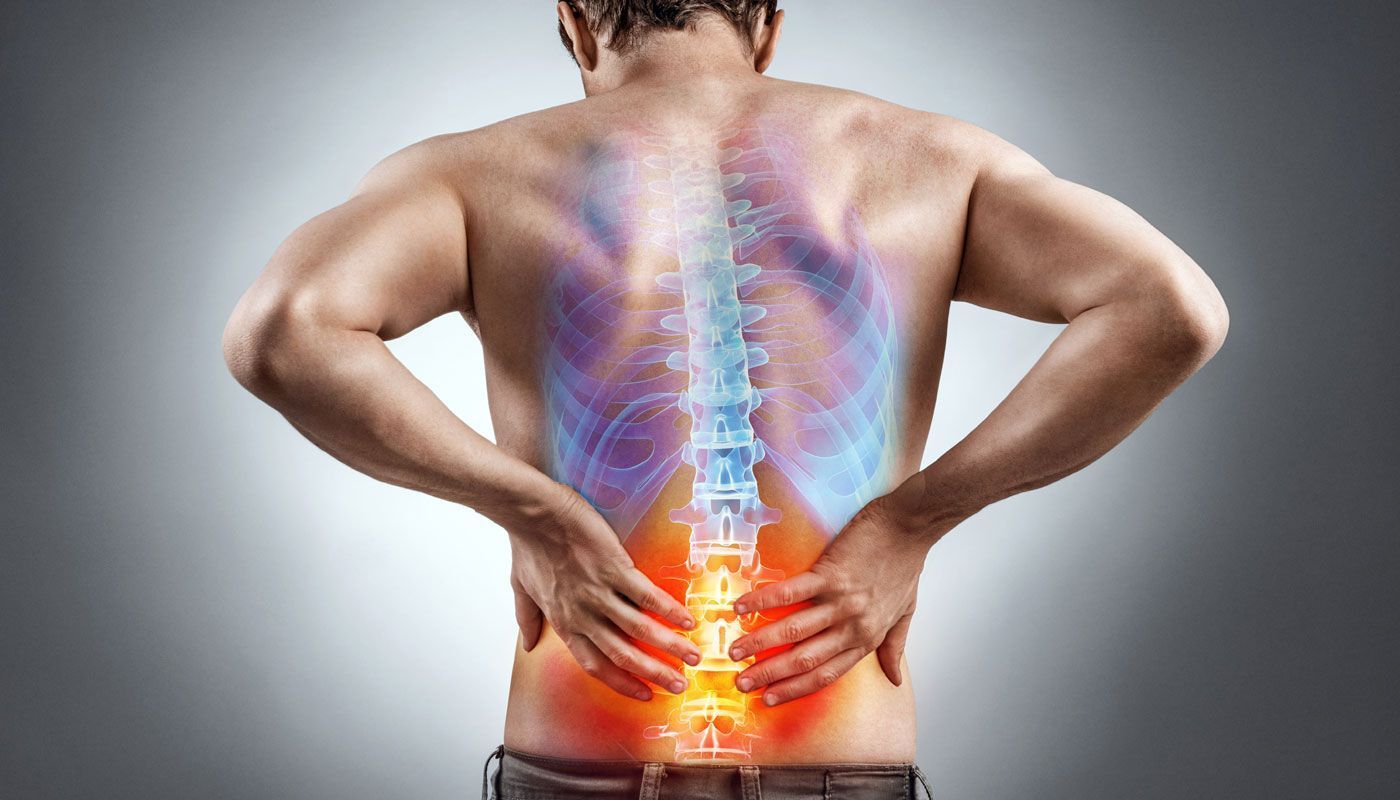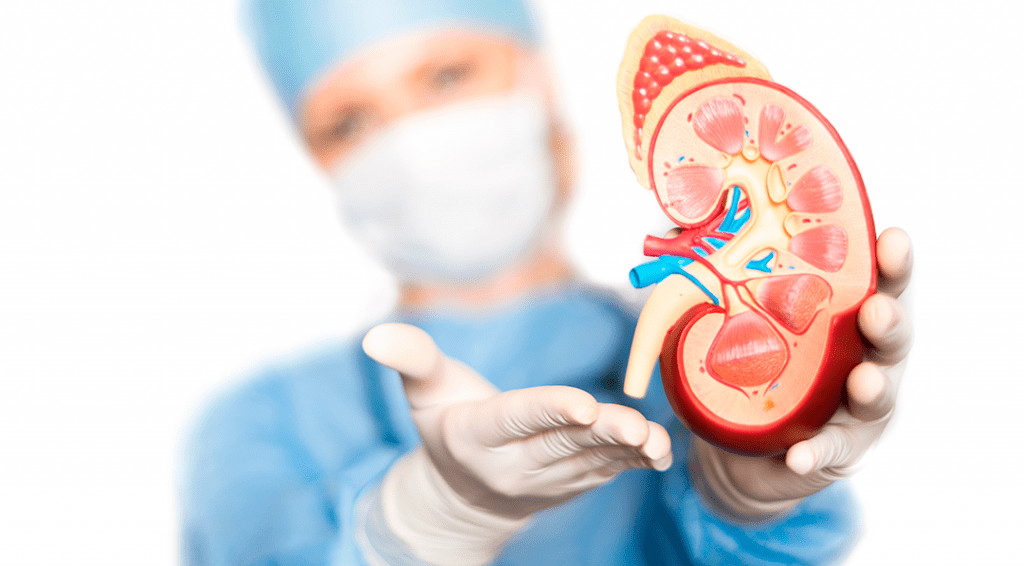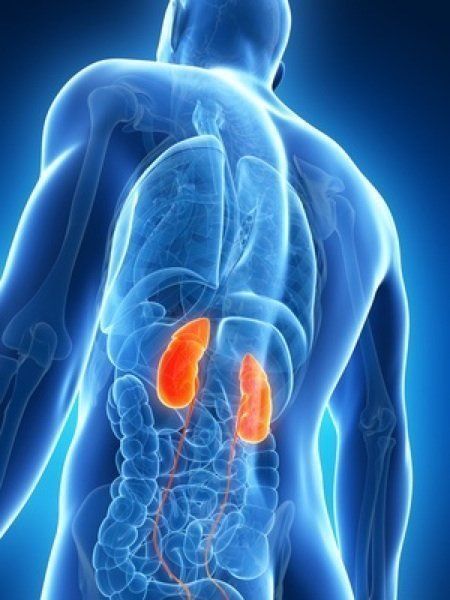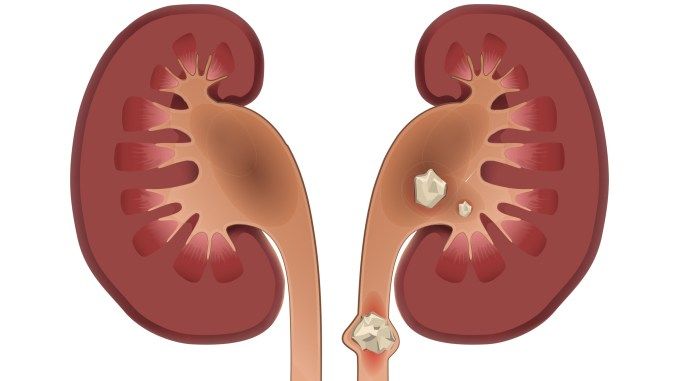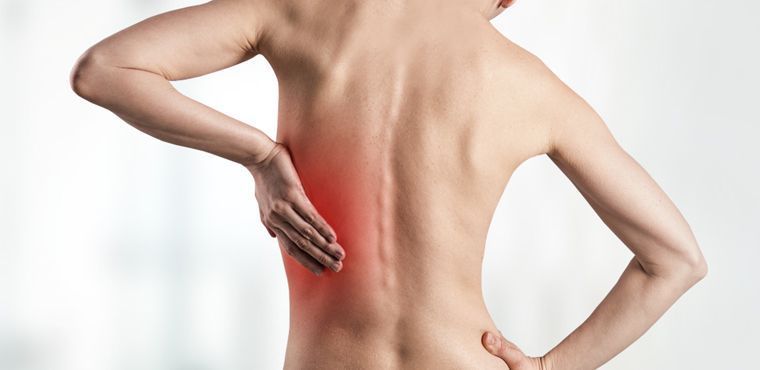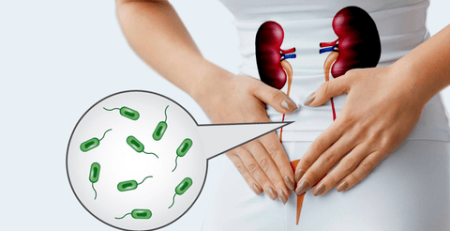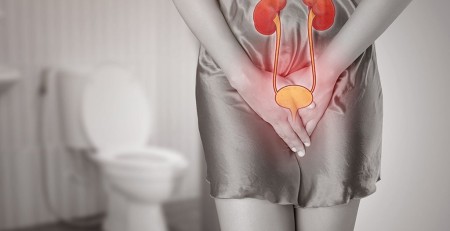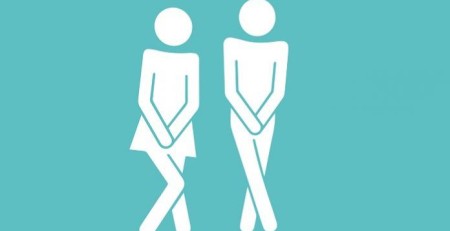Urinary stones of the upper urinary tract
Stones at the kidney and ureter (canal that connects the kidney to the bladder) are increasingly frequent, and may reach a prevalence of 20%. The disease is more frequent in men and occurs mainly between 30 and 60 years of age.
What are the risk factors associated with this disease?
Mediterranean countries, such as Portugal, are the ones with the highest prevalence, being the most frequent pathology in the summer months. Professions that involve exposure to heat and dehydration are risk factors, such as the most sedentary. Overweight, diabetes, high cholesterol/triglycerides and high blood pressure increase the risk of calculus. Most are calcium, followed by uric acid and associated with chronic urinary infections. They have a high recurrence rate and contribute significantly to the risk of renal failure (failure of kidney function) if not monitored and, when necessary, timely treated.
What is the main manifestation of the disease?
The main manifestation of the disease is renal colic (low back or abdominal pain), and the diagnosis is usually made after an episode of pain. They may also lead to blood urine and urinary complaints similar to those of a urinary infection. Patients are often asymptomatic and only find out after an imaging test (ultrasound, CT, etc.) for another health problem.
Treatment of kidney stones
During an episode of renal colic treatment is directed to pain. In certain situations urgent surgery may be required. Elective treatment of the stones can be done through medication, extracorporal lithotricity by shock waves (noninvasive procedure for fragmentation of the stones) or surgery – most often through the endoscopic route, without the need for incisions (with laser use), sometimes percutaneously (through a small incision in the skin creating a path to the kidney) and very rarely by laparoscopic or open surgery.
The main indications for treatment are the presence of symptoms, voluminous stones, obstruction of urine passage, frequent infections or renal failure. Complications are infrequent and easily resolved. Recovery is fast, with the user able to work in a few days.
Individuals with urinary stones should maintain regular vigilance. The prevention of new calculations consists of a standard diet, adoption of healthy lifestyles and, in specific cases, taking medications.
Dra. Viviana Magno Azevedo
Urologia
Hospital da Senhora da Oliveira - Guimarães
Grupo Trofa Saúde - Unidade de Alfena, Maia e Guimarães

